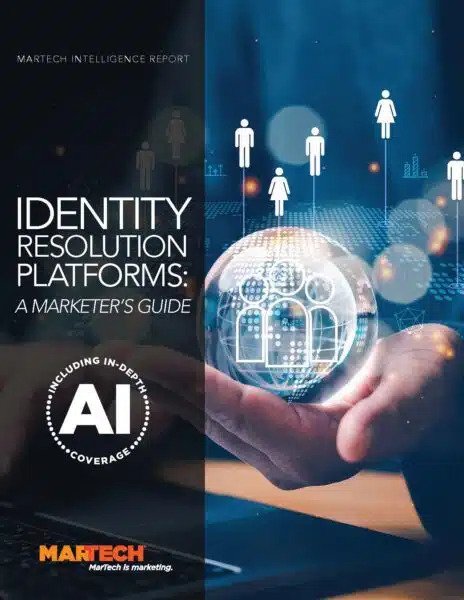Value data privacy to build customer trust
More consumers want personalized experiences, but that does not mean they sacrifice trust.
Privacy and consent management are more important than ever in digital marketing since the advent of GDPR and CCPA, leading marketers at today’s biggest brands to change how they interact with customers.
“You’ll see Apple is using this as a brand value differentiator there. And it’s not just Apple, it’s Google, it’s Facebook, everybody is working towards initiatives around privacy controls and other use cases within the browsers,” said Arshdeep Sood, Marketing Solutions Engineer at OneTrust PreferenceChoice, in her MarTech presentation. “The idea here is that you want to have an advantage and interest in interaction with the end-users.”
She added, “I would say about two decades ago, the biggest differentiator you could provide for your services would be a price differentiator or quality differentiator. Slowly, everybody became really competitive in that space as well, and then the question was, ‘How can we provide you with a better experience?’”
Today, trust and transparency are important factors in determining a brand’s online success. But how do marketers build trust?

Identity resolution is not only critical to marketing success but is essential for compliance with consumer privacy laws such as CCPA and GDPR. Explore the platforms essential to identity resolution in the latest edition of this MarTech Intelligence Report.
Trust through transparency
Once privacy legislation entered the picture, major brands made changes to their infrastructures to accommodate consumer desires for personalized experiences from brands they could trust.
That meant increasing their levels of transparency regarding data collection. Letting people know what data you are using and for what purpose encourages them to share more. And giving them choices over what data they provide ensures the relationship between brands and customers stays intact.
Once you’ve collected more audience data, it’s important to categorize it. A centralized data management platform, or DMP, helps marketers better understand their customers by storing and organizing information from many platforms. And demand for these platforms is on the rise among marketing professionals.
Kim Davis, Editorial Director at MarTech, highlighted this trend in a separate session while discussing the 2021 MarTech Replacement Survey: “50% of people said they were looking at improved capabilities when it came to data management and visibility into the data.”
Watch the full presentation from MarTech here (free registration required)

Contributing authors are invited to create content for MarTech and are chosen for their expertise and contribution to the search community. Our contributors work under the oversight of the editorial staff and contributions are checked for quality and relevance to our readers. MarTech is owned by Semrush. Contributor was not asked to make any direct or indirect mentions of Semrush. The opinions they express are their own.
Related stories